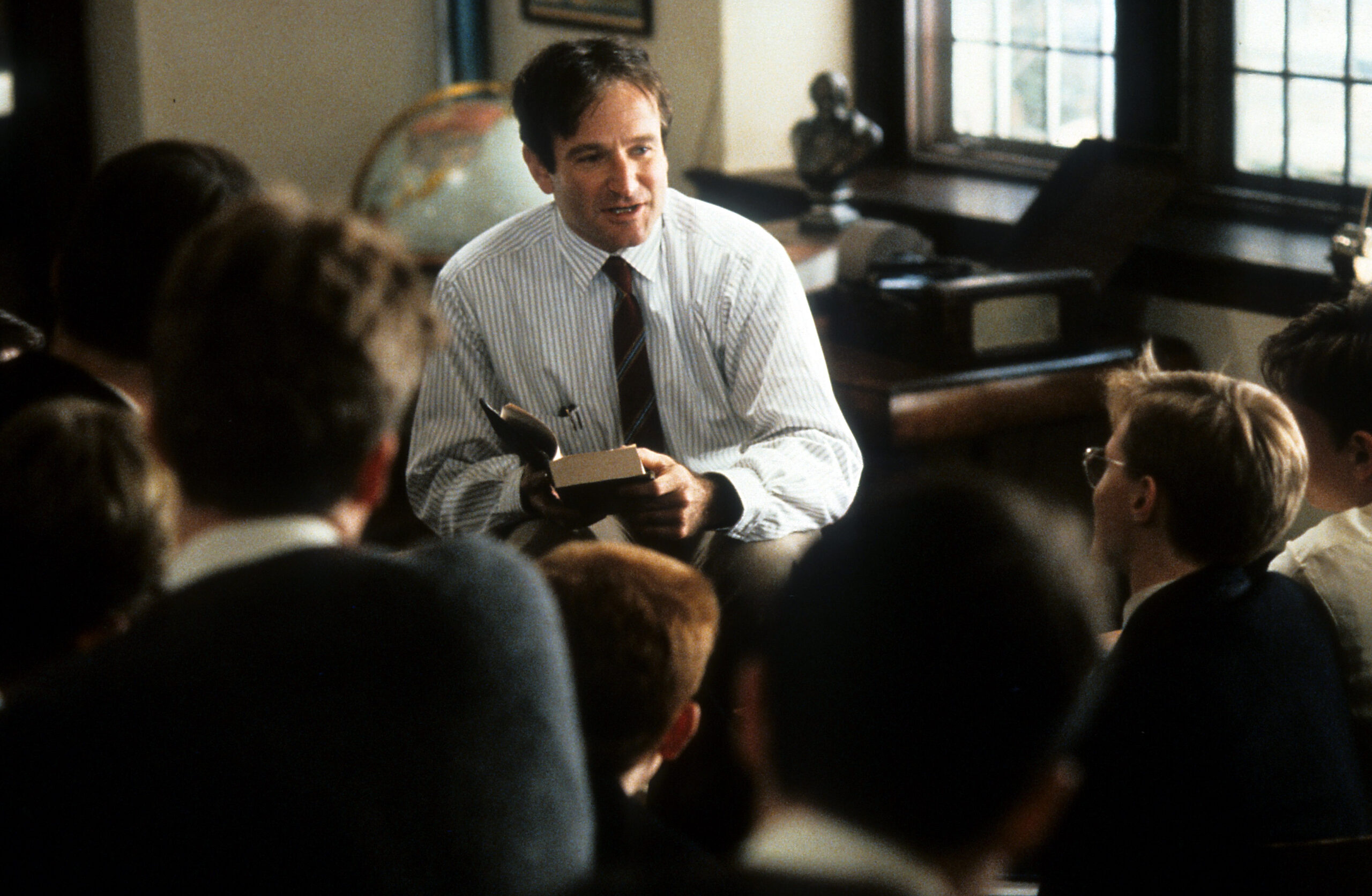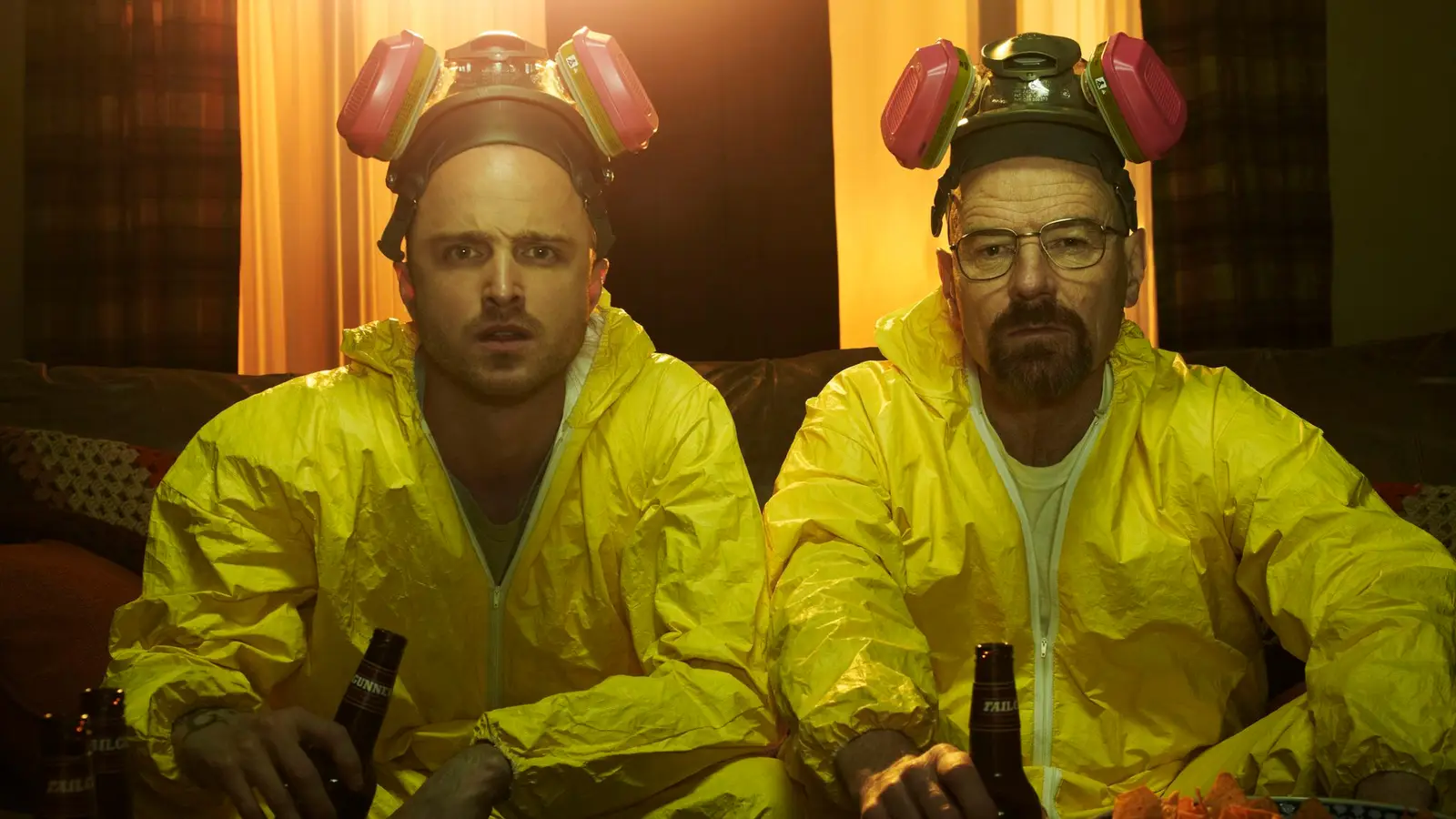Copyright The American Conservative

There is a certain kind of critic for whom the obvious is much too monotonous. Call them contrarians, call them defiers of conventional wisdom, but the bottom line is that they never fail to miss the point. Present them with a work of art—a book, a movie, a painting—whose meaning is plain, and they will work overtime to complicate, confuse, or simply contradict that meaning. I was reminded of the matter of critics willfully denying, or arguing with, what is right in front of them while recently rewatching Peter Weir’s 1989 prep-school drama Dead Poets Society. The movie was a gigantic hit, though it instantly acquired skeptics—more on them later. Robin Williams stars as John Keating, an English teacher whose reserves of enthusiasm transfix his worshipful students but bewilder and ultimately enrage his humorless employers. To most of the known universe, Keating is clearly the hero of the story: a teacher who revels in the urgent beauty of poetry and scorns the tedious sophistry with which it is typically taught. For example, in one of many famous scenes, Keating convenes his students in a hallway for a recitation from the poem “To the Virgins, to Make Much of Time”: “Gather ye rosebuds while ye may, Old Time is still a-flying; And this same flower that smiles today Tomorrow will be dying.” Here, Keating seeks to alert the adolescent mind to a grim but potentially rousing truth: Life is transitory, and those opportunities for joy, purpose, and meaning must be pursued vigorously. Or, as Keating says, in his attempt to distill the poem’s essence to a single Latin phrase, “Carpe diem.” Later, Keating briefly plays along with the notion that he will honor the standards for good poetry established by J. Evans Pritchard, PhD, the author of a textbook preface with the ominous title, “Understanding Poetry.” While one of his students reads Pritchard’s formula, Keating draws the corresponding diagram on the chalkboard: “If the poem’s score for perfection is plotted on the horizontal of a graph, and its importance is plotted on the vertical, then calculating the total area of the poem yields the measure of its greatness.” Quickly, though, Keating gives voice to what most of the students must be thinking: This is no way to assess, let alone experience, a work of art. “Excrement,” Keating says. “That’s what I think of Mr. J. Evans Pritchard.” After inviting his students to express his and their contempt physically (he asks them to rip out the pages containing Pritchard’s preface), he crouches amid their sea of desks and exhorts them to engage with poetry more intimately: “We don’t read and write poetry because it’s cute. We read and write poetry because we are members of the human race, and the human race is filled with passion.” Viewed most charitably, Keating is a prep-school equivalent of a textualist: He argues in favor of scrutinizing (and appreciating) the poems themselves and against relying on their tendentious expositors (like J. Evans Pritchard). By the time the movie has ended, Keating has been terminated from the school on the dubious grounds of inducing too much artistic ambition in his class; one pupil has taken his life upon learning that his father has prematurely grounded his nascent stage career. Yet Keating’s students cannot unlearn his lessons: Addressing him by his preferred moniker of “O Captain! My Captain!” they hoist themselves on their school desks while he looks on prior to his departure. This is stirring stuff—but some critics were evidently shaken, not stirred. As far back as 1989, National Review critic John Simon accused the film of stacking the deck. “Every adult in the film is either a tyrant or a hypocrite, a coward or a fool, or a combination of these,” Simon wrote. “Except, of course, Keating.” Among those “tyrants” is the headmaster, played, as Simon accurately pointed out, by “one of Hitchcock’s villains,” Norman Lloyd of Saboteur. As for Keating, Simon judges him a “raving (Whit)maniac” and “preposterous,” and takes issue with the depth, or lack thereof, of his literary knowledge: “Every poem or piece of prose he tosses at his class seems to come from some First Book of Quotations for the use of young children.” More recently, there has sprung up a tiny cottage industry of anti-Dead Poets Society hot takes. “‘Dead Poets Society’ Is a Terrible Defense of the Humanities,” read an Atlantic headline in 2014. In a 2023 piece in America: The Jesuit Review, “The Case Against ‘Dead Poets Society,’” Elizabeth Grace Matthew concluded that the movie had it all wrong: “Healthy teens need order if they are to court and create developmentally healthy disorder.” Many of the lads in the film were “thriving,” she writes, before Keating showed up. “The film’s fictional Keating and his real-life counterparts—who now dominate secondary and post-secondary education—mostly poison the young people whose intellectual spirit thirst they mean to quench,” she insists. Well. Dead Poets Society may or may not be a great movie, but these critics are fighting what the movie actually wants to be and arguing against the movie using the tools in its arsenal to become what it wants to be. Of course Robin Williams, at the height of his magnetism, is meant to be more persuasive and sympathetic than the Hitchcockian headmaster. Of course Keating will cite popular poetry, however insufficiently intellectual, probably to be discernible to the general public who must, somehow, be convinced of his literariness. There is a larger point to be made here: We must submit to the vision of a movie, not the alternate vision of its critics. This is not an unreasonable request but a simple prerequisite to properly comprehend a work of art. For the movie Rudy to work, we must become, temporarily at least, Notre Dame football fans; for the movie Jaws to work, we must become fearful of sharks, or more fearful than we already are. And for Dead Poets Society to work, we must believe in the rightness of Keating and the wrongness of J. Evans Pritchard. To sit in judgment with Keating, or to find points in favor of his adversaries, is to fail to engage with the movie. A viewer skeptical of the potentially frightful nature of showers is not the ideal viewer of Psycho; a viewer inclined to mock an inspirational teacher should skip Dead Poets Society. So, I say to all Dead Poets doubters: Carpe diem!



